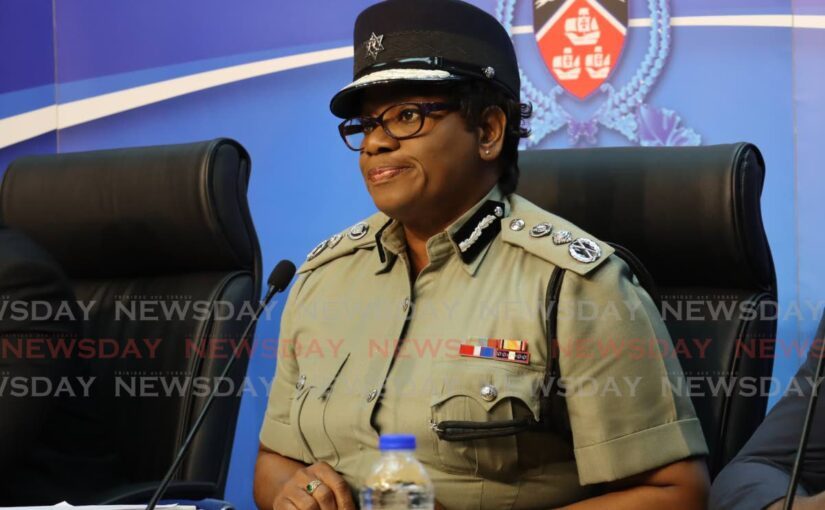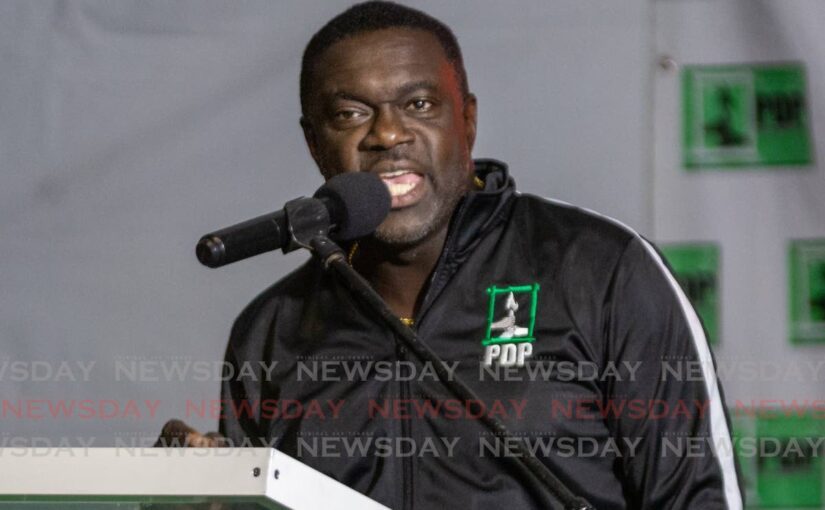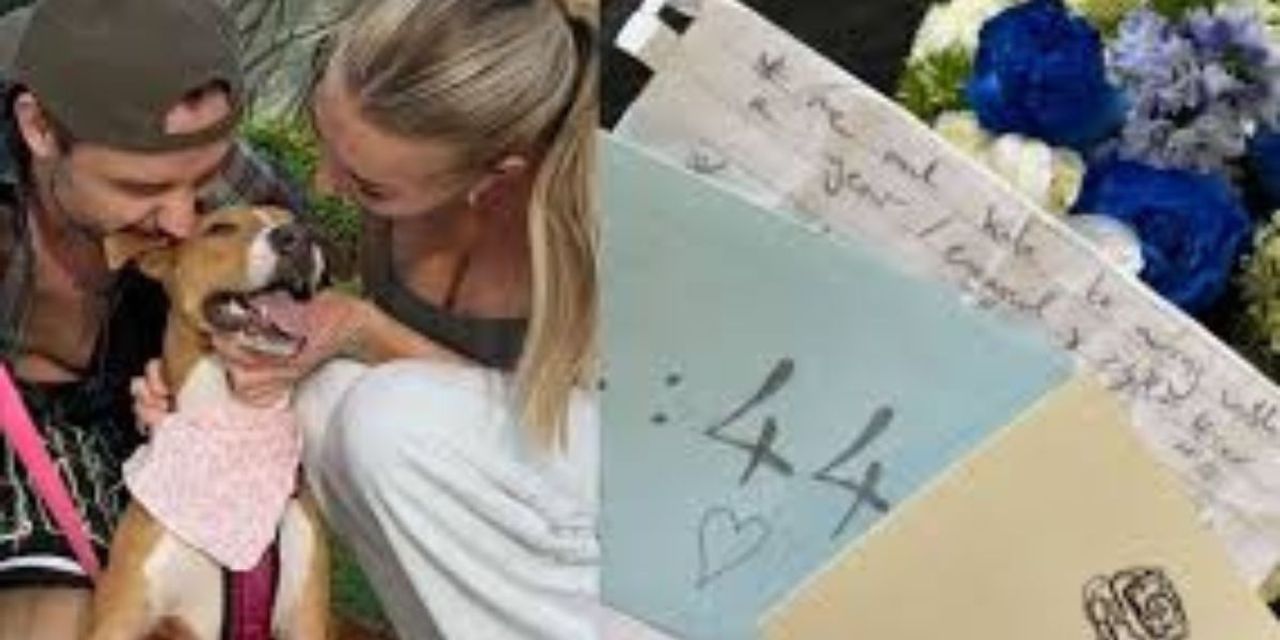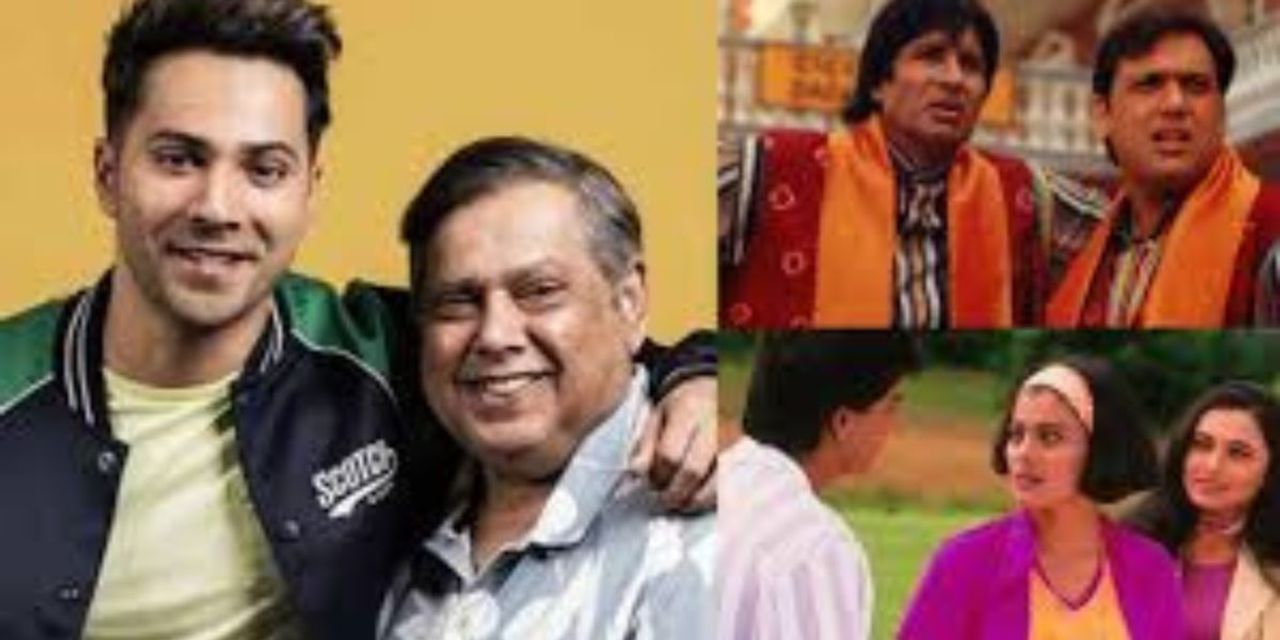By Najia Houssari Lebanon accused Israel of targeting journalists in a “deliberate” attack that killed three people in the country’s south...
Vous n'êtes pas connecté
- English
- Français
- عربي
- Español
- Deutsch
- Português
- русский язык
- Català
- Italiano
- Nederlands, Vlaams
- Norsk
- فارسی
- বাংলা
- اردو
- Azərbaycan dili
- Bahasa Indonesia
- Հայերեն
- Ελληνικά
- Bosanski jezik
- українська мова
- Íslenska
- Türkmen, Түркмен
- Türkçe
- Shqip
- Eesti keel
- magyar
- Қазақ тілі
- Kalaallisut ; kalaallit oqaasii
- Lietuvių kalba
- Latviešu valoda
- македонски јазик
- Монгол
- Bahasa Melayu ; بهاس ملايو
- ဗမာစာ
- Slovenščina
- тоҷикӣ ; toğikī ; تاجیکی
- ไทย
- O'zbek ; Ўзбек ; أۇزبېك
- Tiếng Việt
- ភាសាខ្មែរ
- རྫོང་ཁ
- Soomaaliga ; af Soomaali
Rubriques :
 Maroc - EURASIAREVIEW.COM - A la une - 25/Jun 23:51
Maroc - EURASIAREVIEW.COM - A la une - 25/Jun 23:51
Recapitulating Draconian ‘Emergency’ – OpEd
June 25, 1975. When brute power suspended civil liberties, censorship laws were slapped on the media & dissent quashed! On 25th June, 1975, the government of India led by the then Prime Minister Indira Gandhi imposed a state of ‘Emergency', in the country. Seen as the ‘darkest hour of India’s democracy’,; Manoranjana Gupta recalls incidents from this tumultuous time when civil liberties were suspended, all opposition leaders were taken into custody, her own father who was a leading journalist faced arrest, major media houses in the country were forced to bow down to draconian censorship norms, and the foreign press was forced to make a dishonorable exit. This article by me recapitulates the darkest period in the history of ‘Modern India’ in the post-Independence era. June 25,1975 is a day recorded in our history for being the worst impingement on fundamental rights of citizens and also the most draconian pre-censorship norms ever imposed on the press.; Each day this year, for the last fifty years, India recalls the horrors of how the democratic fabric of the country was destroyed and how dissent was quelled.; On this day in 1975, then Prime Minister Indira Gandhi declared a state of Emergency in the country. This Emergency ended 21 months later, on March 21, 1977. It was an example of how absolute power corrupts absolutely. Indira Gandhi, a Prime Minister who encouraged adoption of the slogan “Indira is India and India is Indira”, and driven by personal political vendetta, pushed the nation into a quagmire of Emergency, stripping ordinary Indians of their fundamental rights. Political vendetta and brute force; The Emergency proclamation made by President Fakhruddin Ali Ahmed drew on Article 352 of the Constitution to declare a state of ‘internal emergency’ on grounds that “the security of India is threatened by internal disturbance”. Between June 26, 1975 and March 21, 1977, when the Emergency was in force, the government assumed draconian powers and crushed all dissent. On the eve of Emergency imposition, police swooped down and arrested all major Opposition leaders, including Jaiprakash Narayan. Civil liberties were suspended, media censored, and amendments were brought that threatened to alter the basic character of the Constitution. Draconian laws like MISA were strengthened. The government even suspended the right to move court for enforcement of Fundamental Rights. NBC interview that precipitated action against foreign press My first recollection of Emergency was the interview that the leading American TV channel National Broadcasting Corporation (NBC) did with my father KN Gupta, who was then a seasoned journalist in his mid-forties working with the right wing daily newspaper ‘The Motherland’. As a young nine-year old whose father was a swayamsevak (a volunteer for the Rashtriya Swayamsevak Sangh) and who worked in the only ‘extreme right’ daily publication, our house was frequented by senior journalists and RSS persons. I already knew a lot about what was going on. The neighborhood of the journalist colony Gulmohar Park where we lived was abuzz with incidents of how senior journalists like my father’s Editor-boss KR Malkani had been arrested apart from many others and whispers of how my father and many other senior journalists too were likely to be arrested. I had understood that after the sudden closure of The Motherland, my father did not have a job and a salary and my mother who was a teacher was worried about how she as the only bread earner would keep the household expenses going. Days before financial penury forced us to leave the comfort of our own three-storeyed house and move to a tiny two-room apartment in the neighborhood, my father called us all out to meet the NBC news team saying they were going to interview all of us about the situation in the country and whether we understood the implications of what was happening. Even today, I can well recall the NBC journalist setting up his camera at one end of the dining table in our house and interviewing the whole family by turn. I heard my mother describe her fear of an impending arrest of my father and how she had heard of arrested journalists being tortured in custody. My mother spoke of the financial crisis at home and how she was finding it difficult to make ends meet. My two siblings and I were also interviewed and we repeated what we had been hearing about the editorial pages of newspapers going blank to protest against the censorship that had been imposed. We spoke about the unrest at home of having to pack from our own lovely home and move to live in a small rented apartment.; Why was Emergency imposed ? It all began after a judgment of the Allahabad High Court held Indira Gandhi guilty of electoral malpractices. She had won from the constituency of Rae Bareli, defeating her closest rival, Raj Narain, by more than one lakh votes. A long list of allegations was raised by Narain against Gandhi after his defeat, most of which were turned down by the High Court. There were two crucial findings, however, that dealt a serious blow to Gandhi’s defense; she had made use of government machinery to set up a stage and loudspeakers during her campaign, and used a gazetted officer as an election agent, both of which amounted to a violation of Section 123 (7) of the Representation of People’s Act, 1951. The judgment was delivered by a single bench consisting of Justice Jagmohan Lal Sinha. Upon Gandhi’s appeal, the apex court granted an exceptional stay on the judgment as the Supreme Court was on vacation. Gandhi grabbed this opportunity and the-then President Fakkuridin Ali Ahmad declared a state of Emergency on the grounds of internal disturbances. And so began a grim period of 21 months that saw opposition leaders indiscriminately jailed without evidence of wrongdoing, the press muzzled, and a gradual but committed attempt to hijack India’s democratic institutions in favor of an authoritarian rule. The democratic backsliding that began under; Prime Minister Nehru with the 1st Constitutional Amendment Act had now assumed a momentum unseen in the history of post-independence India, courtesy his daughter.; Indira filled up prisons with her critics, sparing none; Indira did not spare anyone. She went after her critics - the opposition, and the press. As India’s prisons filled up with the faces of those who opposed Gandhi’s unsubstantiated and wholly mala fide declaration of Emergency, the hot and loud printing presses of India’s young but thriving print news industry slowly grew cold and silent. There was one individual whom Indira Gandhi had always seen with apprehension – Nanaji Deshmukh of the RSS. She called him the “Chanakya” of their time. Perhaps, his strategic acumen was what she feared the most, as most of the earliest faces that found themselves behind bars were, in fact, his followers. Deshmukh’s decision to join hands with Jayaprakash Narayan may have compelled Gandhi to crack down mercilessly on her opposition. Her paranoia about an alleged conspiracy led by George Fernandes to assassinate her in the wake of the nationwide railway workers strike in May 1974 may have been another motivator. She sent the police after him too, but he escaped from his home right as they arrived, making a getaway in nothing but his lungi. Gandhi was determined to capture him and had his brothers, Lawrence and Michael, imprisoned and tortured, hoping they would buckle and reveal his whereabouts. Even one of George’s closest associates, the talented actress Snehalatha Reddy, was imprisoned and questioned. Sadly, she passed away while in prison, because of the brutal treatment she was subjected to by the police.; Police began a crusade against the Press Within two days of the declaration of Emergency, many newspapers went out of circulation. There was a state of paranoia and confusion about the clampdown. Publications that were fortunate enough not to attract police raids were now desperate to understand what was happening, and whether, or when, they would be next. This was when Indira Gandhi stepped out of the shadows with some newly-framed “guidelines” for the press. The first one demanded the press to self-censor any news that could be deemed “plainly dangerous”. The newspapers were obligated to assist the Chief Press Advisor by self suppressing news of this kind. What constituted information that could be deemed “plainly dangerous” was far from well-defined, leaving the authorities the room to stretch this restriction as thin as they liked, effectively curbing any piece of news that Gandhi might disapprove of. When papers were in doubt about whether a string of text was “plainly dangerous,” they were asked to contact the nearest press advisor. This reliance upon press advisors essentially materialized into a relationship wherein all newspapers across the country eventually needed the press advisor’s permission to publish just about every piece in their papers, whether or not the publishers had any concerns about their potential to be hit by considerations of being “plainly dangerous.” This so-called Chief Press Advisor was an institution created following the Emergency and solely served the purpose of censoring the news.; More than 7,000 journalists and media personnel thrown behind bars Over the next 21 months, more than 7,000 journalists and media personnel were thrown behind bars. This is the figure provided by the Ministry of Home Affairs in May 1976, and the actual numbers could have been much higher.; By September, more than 40,000 RSS activists had been imprisoned, and the ones that walked free had decided that it was time to retreat. More than 80 RSS activists had died in custody, and the ones that roamed free, staunchly opposing the Emergency, did not want to have any more deaths on their conscience. Dr. G.G. Parikh, in his memoir, has described how RSS activists in Yerawada Central Prison had written to Gandhi, promising to steer clear of political activism. The fear of arrest and imprisonment was a powerful tool for Gandhi, incapacitating not just those who were already shackled, but even those who were fortunate enough to walk free during Gandhi’s autocratic episode.; When it came to the press, however, the fear of arrest and imprisonment didn’t have quite the same effect. While it allowed Gandhi to force the surviving newspapers to make sure that any words they published criticizing Gandhi's actions were docile and tame, it didn’t work all the time. Some papers like the Indian Express and The Statesman continued operating in compliance with the new press guidelines but would leave their editorial pages blank as a protest, which, fortunately for them, did not attract Gandhi’s interest, as long as the rest of their pages did not have anything objectionable to say about her modus operandi, the actions she took during the Emergency, or the imposition of the state of emergency itself. But not everyone listened, and not everyone caved in.; None could speak ill of ‘Her Majesty’ While many papers were locked up almost overnight after the Emergency was declared, others evaded closure despite refusing to submit to Gandhi’s “guidelines”. While these “guidelines” were enforced with the might of the state machinery, including the police and the newly-established Chief Press Advisor in an attempt to muzzle and leash the press, some papers were simply too stubborn and were not going to just raise their arms and surrender. The Motherland was in the service of the nation and had no interest in a tame existence where it was denied its right to speak the truth to its readers. However, Gandhi was stern, and the moral resilience of journalists would eventually be defeated by a determined state police that was sifting through every inch of the city to trace rogue press that were still speaking ill of ‘Her Majesty’. Late in the evening of; 26th June, 1975, less than two days after Emergency was imposed, the premises of The Motherland were raided by the police. ; Impact of NBC interview and ouster of foreign media; As soon as the NBC interview of my father was televised in the US, it started having repercussions. The interview showed the blatant and heinous manner in which rights of the common man had been usurped, how media and journalists had been muzzled, and foreign press had been ousted to ensure that the brutal force with which this was being carried out did not leak to the world outside. The interview had a cascading effect on channels across Europe which picked up the story and it was; the Indian Ambassador in the US who brought it to the notice of New Delhi. The then I & B Minister V. C. Shukla was furious and he directed foreign correspondents either to succumb to pre-censorship or leave the country. My father was also put under great pressure and threatened with arrest for having spoken on camera.; Mark Tully said BBC refused to sign ‘censorship agreement’ Last year, around the same time, I was penning an article for one of the Indian magazines and decided to call eminent journalist and political commentator who represented the BBC for several decades in India, Mark Tully. In a telephonic interview, Mark Tully described how he was given 24 hours to leave the country after the organization refused to sign a ‘Censorship Agreement’. Tully headed the BBC then and was much respected for the independent news stories that they often filed. Indira Gandhi ensured that Tully was given marching orders by Shukla and had to leave India, but he asserts that it was better for him because by then he already knew the facts and it was easier for him to write from his own country, without fear or prejudice. Tully told me that a majority of the foreign press left the country barring one or two who agreed to toe the censorship norms. He described at length the plight of the Indian media and the torture of news censorship that they were being subjected to.
Articles similaires
I and my children bullied at school
THE EDITOR: I was bullied as a child as I walked the one-mile trek from my primary school to my home. The attacks were meant for my quiet and...
Inside The CIA’s (Largely) Secret Role In The Tibetan Resistance – Analysis
By Tenzin Pema, Dorjee Damdul, Passang Dhonden, and Lobsang Gelek High up in the Southern Rocky Mountains of Colorado, at 9,200 feet, lies...
Police recruit prevented from taking the oath takes CoP to court
A police recruit who was not allowed to take her oath and told to leave the Police Academy has been permitted by the High Court to challenge the...
Samantha Seebalack adds touch of colour to Divali
Divali is the celebration of light over darkness, and artist Samantha Seebalack has been adding her own beauty to the Hindu festival of lights. In...
Homage to Camus: Sarah Beckett finds inspiration in writings of French laureate
Less than four months after publishing her first book of poetry, artist and poet Sarah Beckett is publishing her second, I Wrote My Heart Across an...
Duke slams Chief Secretary’s ‘nasty attack’ on Tobago mothers
LEADER of the Progressive Democratic Patriots (PDP) Watson Duke has called on his former colleague Chief Secretary Farley Augustine to apologise and...
Check Out Liam Payne's Girlfriend Kate's First Post After His Death!
Liam Payne's Girlfriend Kate's First Post After His Death Kate Cassidy, the girlfriend of Liam Payne, posted about her feelings on the social media...
Varun Dhawan's Dad Was Ready To Leave Him Because Of This!
Varun Dhawan And His Dad David Dhawan Karan Johar and Varun Dhawan, how both endured when his father David Dhawan’s film Bade Miyan Chote Miyan...
I am the great human pretzel
The greatly maligned kettle has died. No one knows how it happened. One small, skilful tabby admits to nothing. The Cats’ Father who thrashes about...
Les derniers communiqués
-
Adobe Brings Conversational AI to Trillions of PDFs with the New AI Assistant in Reader and Acrobat
Adobe - 21/02/2024
-
Laura Frigenti takes the Helm as Chief Executive Officer of the Global Partnership for Education
Global Partnership for Education - 05/12/2022







